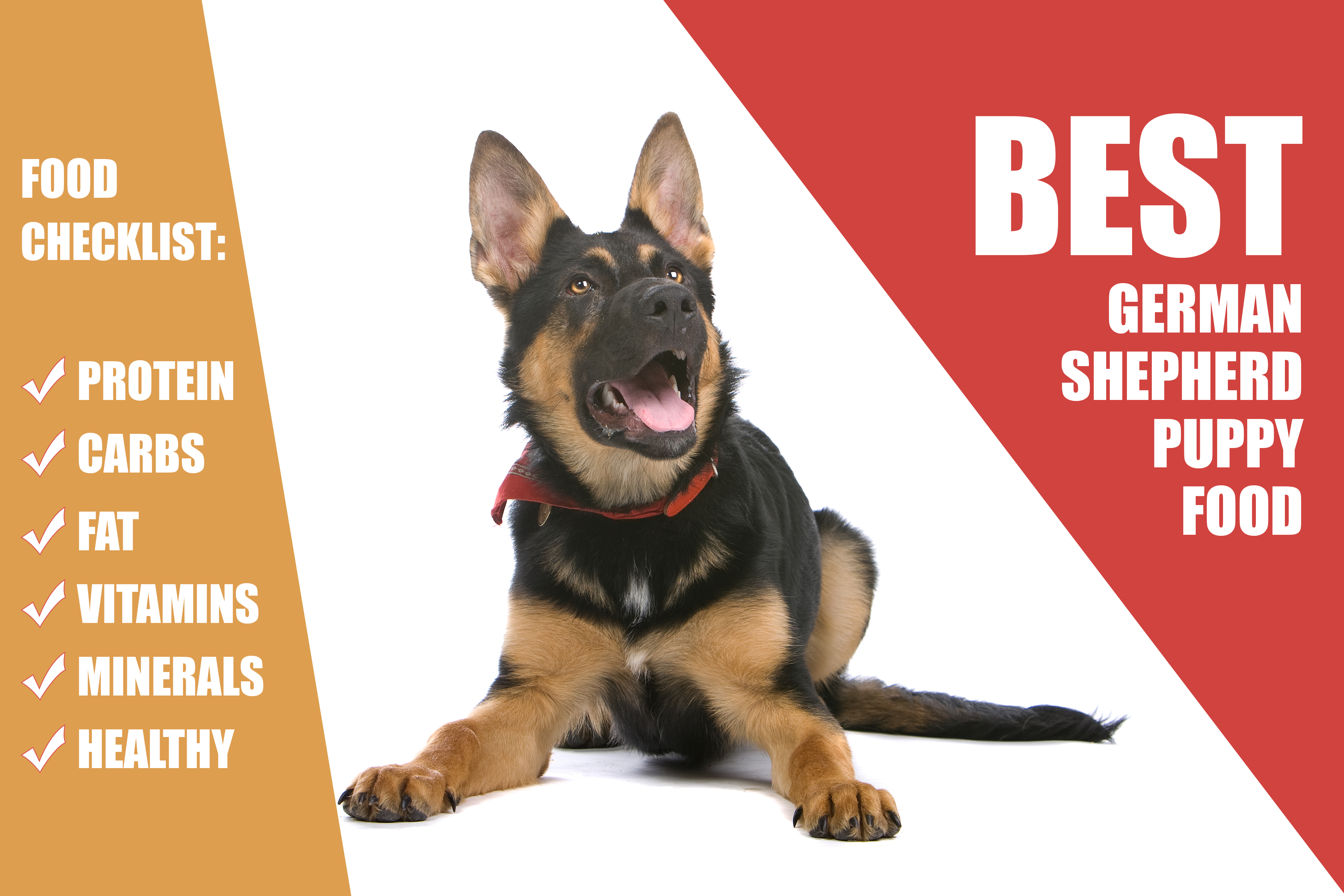The Best Diet for Your German Shepherd: Unraveling the Complexities of Canine Nutrition
Introduction
The question of what constitutes the ideal diet for German Shepherds has long perplexed dog owners, breeders, and veterinarians alike. With an array of conflicting information and countless products claiming to offer optimal nutrition, navigating the complexities of canine nutrition can be a daunting task. This essay aims to critically examine the various perspectives and controversies surrounding the best diet for German Shepherds, exploring the nuances of dietary needs, breed-specific considerations, and the broader implications of food choices on the health and well-being of these loyal companions.
Dietary Needs of German Shepherds
German Shepherds are large, active dogs with high energy requirements. Their daily diet should provide a balance of macronutrients, including proteins, carbohydrates, and fats, as well as essential vitamins and minerals.
Proteins
Proteins are essential for building and repairing tissues, producing enzymes and hormones, and providing a source of energy. German Shepherds require a high-quality protein source, such as lean meat, poultry, or fish, to meet their amino acid needs.
Carbohydrates
Carbohydrates provide the primary source of energy for dogs. Complex carbohydrates, such as those found in whole grains and vegetables, are more slowly digested and absorbed, providing a sustained release of energy. Simple carbohydrates, such as those found in white rice or corn, are quickly absorbed and can lead to rapid fluctuations in blood sugar levels.
Fats
Fats are essential for absorbing fat-soluble vitamins, providing energy, and maintaining healthy skin and coat. German Shepherds need a moderate intake of healthy fats, such as those found in chicken, fish, and plant-based oils.
Breed-Specific Considerations
In addition to meeting general dietary needs, German Shepherds have certain breed-specific considerations that influence their nutritional requirements:
Allergies
German Shepherds are prone to developing food allergies, which can manifest in various forms, such as skin irritation, itching, and digestive upset. Common food allergens include beef, chicken, corn, and wheat. Identifying and eliminating allergenic ingredients from the diet is crucial for managing allergic reactions.
Joint Issues
German Shepherds are susceptible to joint problems, such as hip dysplasia and elbow dysplasia. Omega-3 fatty acids, found in fish oil and flaxseed, can help reduce inflammation and support joint health. Glucosamine and chondroitin are also believed to promote joint function.
Sensitive Digestion
Some German Shepherds have sensitive digestion, which can result in gastrointestinal upset, such as diarrhea and vomiting. Probiotics and prebiotics can help maintain a healthy balance of gut bacteria and improve digestive function.
Commercial Dog Food vs. Home-Cooked Diets
A central debate in canine nutrition revolves around the choice between commercial dog food and home-cooked diets.
Commercial Dog Food
Commercial dog food is designed to provide a complete and balanced diet in a convenient form. It is typically fortified with essential vitamins and minerals and undergoes quality control measures. However, some commercial dog foods may contain fillers, artificial ingredients, and preservatives that can be detrimental to a dog's health.
Home-Cooked Diets
Home-cooked diets offer greater control over the ingredients used and can be tailored to a dog's individual needs. However, creating a nutritionally balanced home-cooked diet requires extensive research and knowledge of canine nutrition. Improperly prepared home-cooked diets can lack essential nutrients or contain harmful ingredients.
Raw Food Diets: Controversy and Considerations
Raw food diets, which consist primarily of uncooked meat, organs, and bones, have gained popularity in recent years. However, there is significant controversy surrounding these diets:
Benefits
Proponents of raw food diets argue that they provide dogs with a more natural diet, similar to what they would consume in the wild. They claim that raw food can improve digestion, reduce allergies, and enhance overall health.
Risks
Critics of raw food diets point to the potential risks associated with consuming raw meat, including bacterial contamination, parasites, and nutritional deficiencies. They also argue that raw meat can be difficult for dogs to digest and may lead to gastrointestinal upset.
Nutritional Implications for German Shepherds
The choice of diet has significant implications for the health and well-being of German Shepherds:
Obesity
Obesity is a common problem among German Shepherds, especially those that are overfed or fed a high-calorie diet. Obesity can lead to various health issues, including diabetes, heart disease, and joint problems.
Skin Problems
A poor diet can contribute to skin problems in German Shepherds, such as allergies, dermatitis, and excessive shedding. Ensuring a balanced diet with appropriate levels of omega-3 fatty acids and antioxidants can promote healthy skin and coat.
Lifespan
Optimal nutrition plays a crucial role in extending the lifespan of German Shepherds. A well-balanced diet rich in high-quality ingredients and free from harmful additives can support a dog's immune system, reduce the risk of chronic diseases, and promote overall well-being.
Conclusion
The quest for the best diet for German Shepherds is an ongoing and complex endeavor. Understanding the breed-specific needs of these dogs, carefully considering the pros and cons of different dietary approaches, and consulting with veterinary professionals is essential for making informed decisions. While there is no one-size-fits-all solution, a balanced diet tailored to each dog's individual requirements can help ensure their health, vitality, and longevity.
Moreover, the broader implications of food choices extend beyond the individual dog's well-being. The production and consumption of food have environmental and ethical considerations that warrant attention. Responsible pet owners should strive to choose diets that prioritize the sustainability of resources, animal welfare, and the overall health of the planet.
In the end, the best diet for a German Shepherd is one that meets their nutritional needs, addresses their breed-specific sensitivities, and is provided in a loving and responsible manner that promotes their overall well-being for years to come. By navigating the complexities of canine nutrition with care and compassion, we can honor the bond we share with these extraordinary companions and ensure they thrive throughout their lives.
Why Beagles Are Excellent At Tracking And Scent Detection
German Shepherds And Their Love For Exercise: Fun Facts
Do French Bulldogs Need A Lot Of Exercise?



